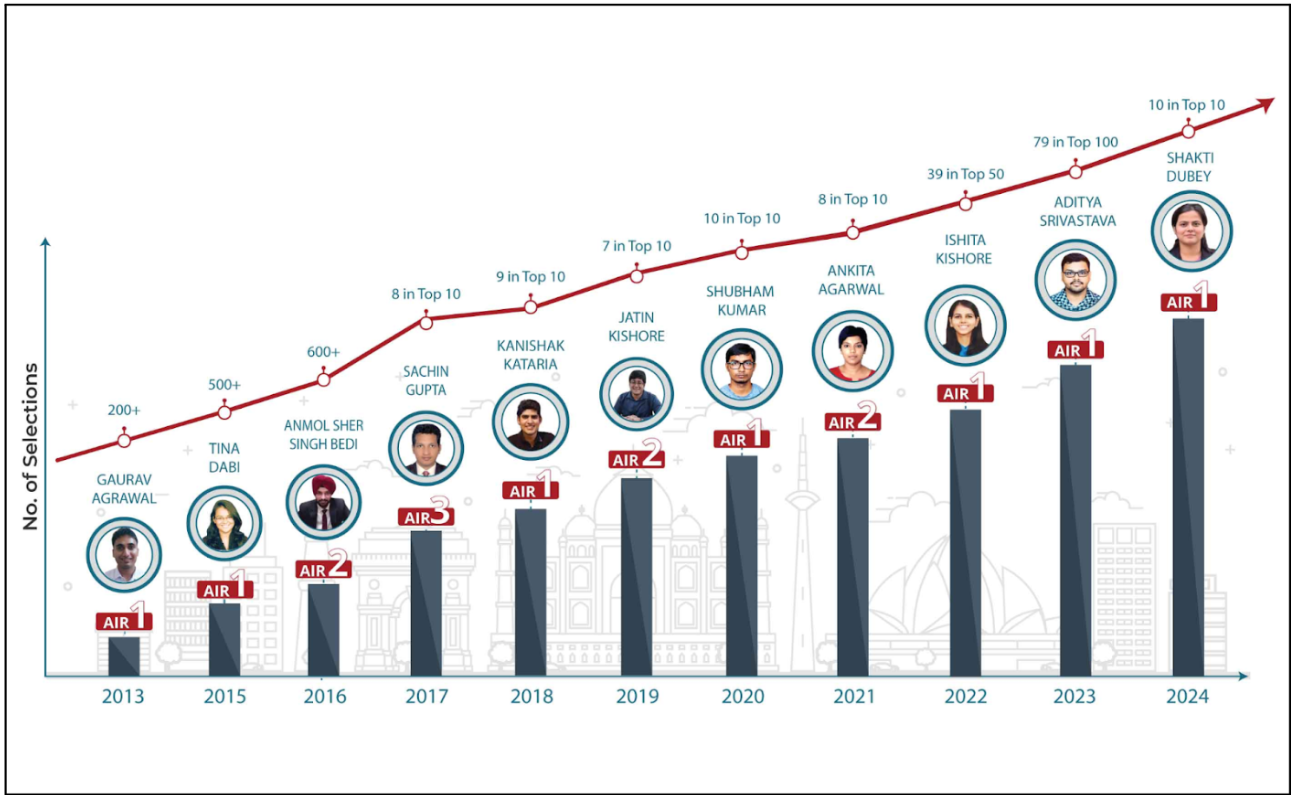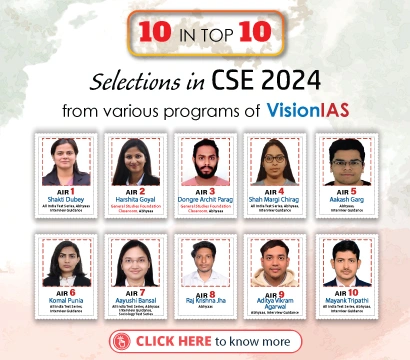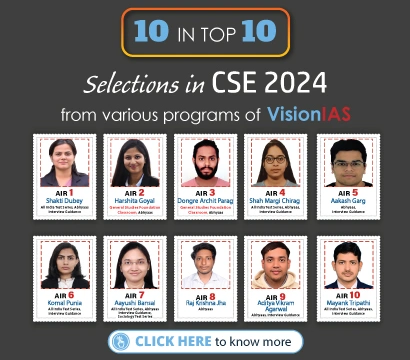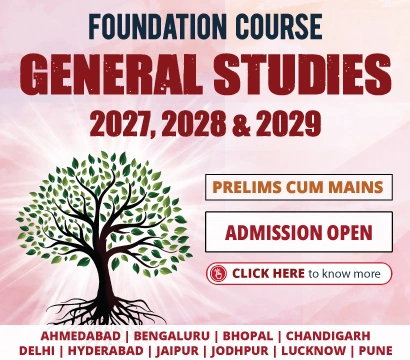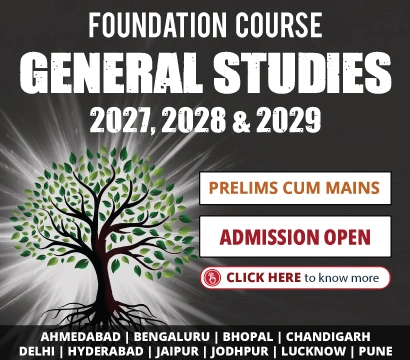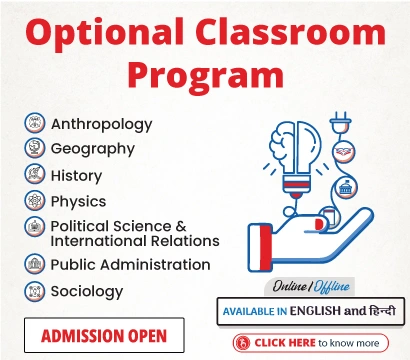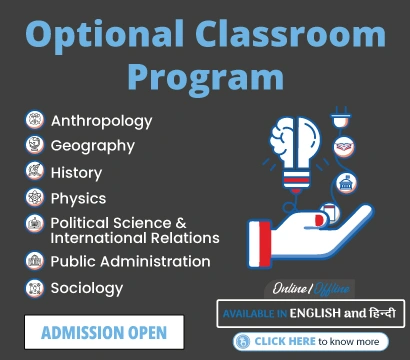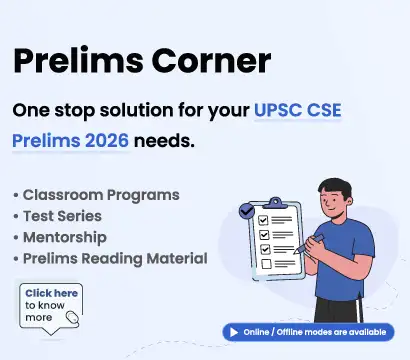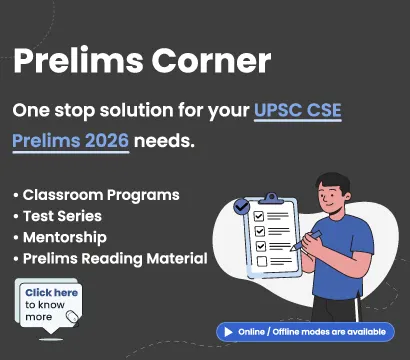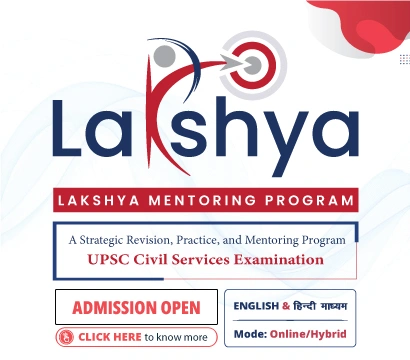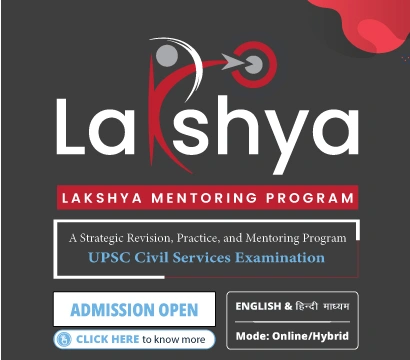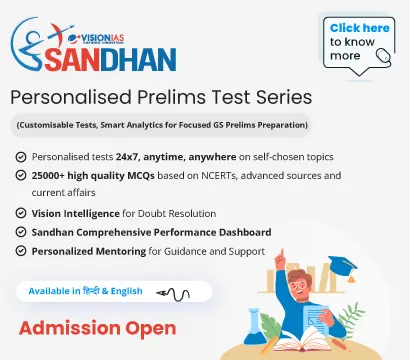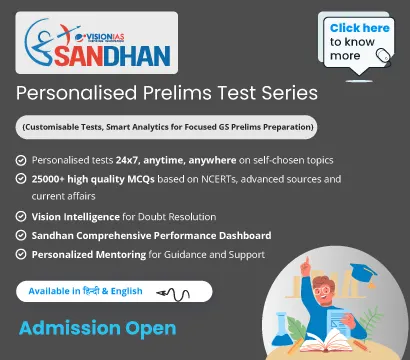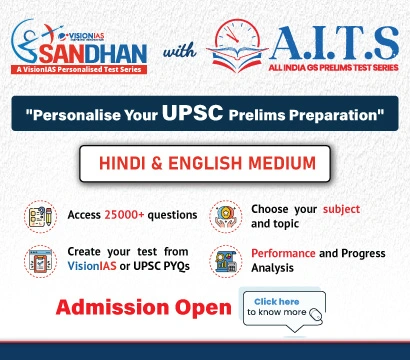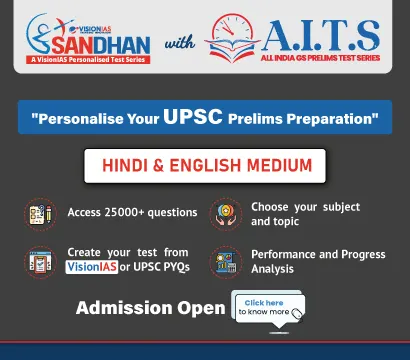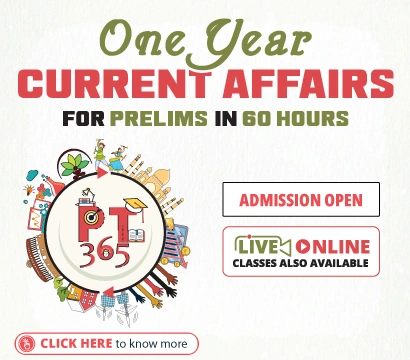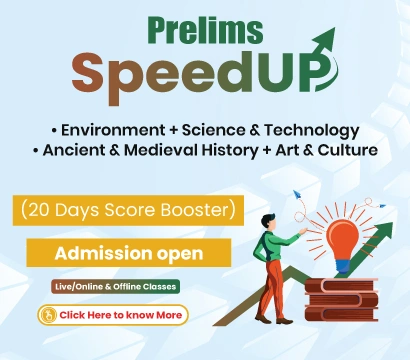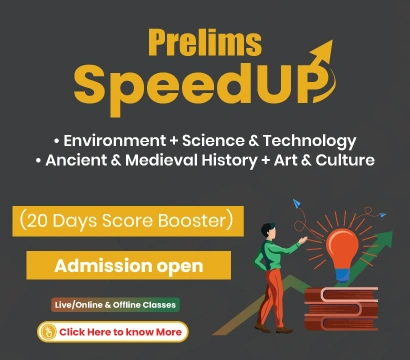Ethics
How to Prepare for UPSC GS 4 (Ethics): A Thematic Guide
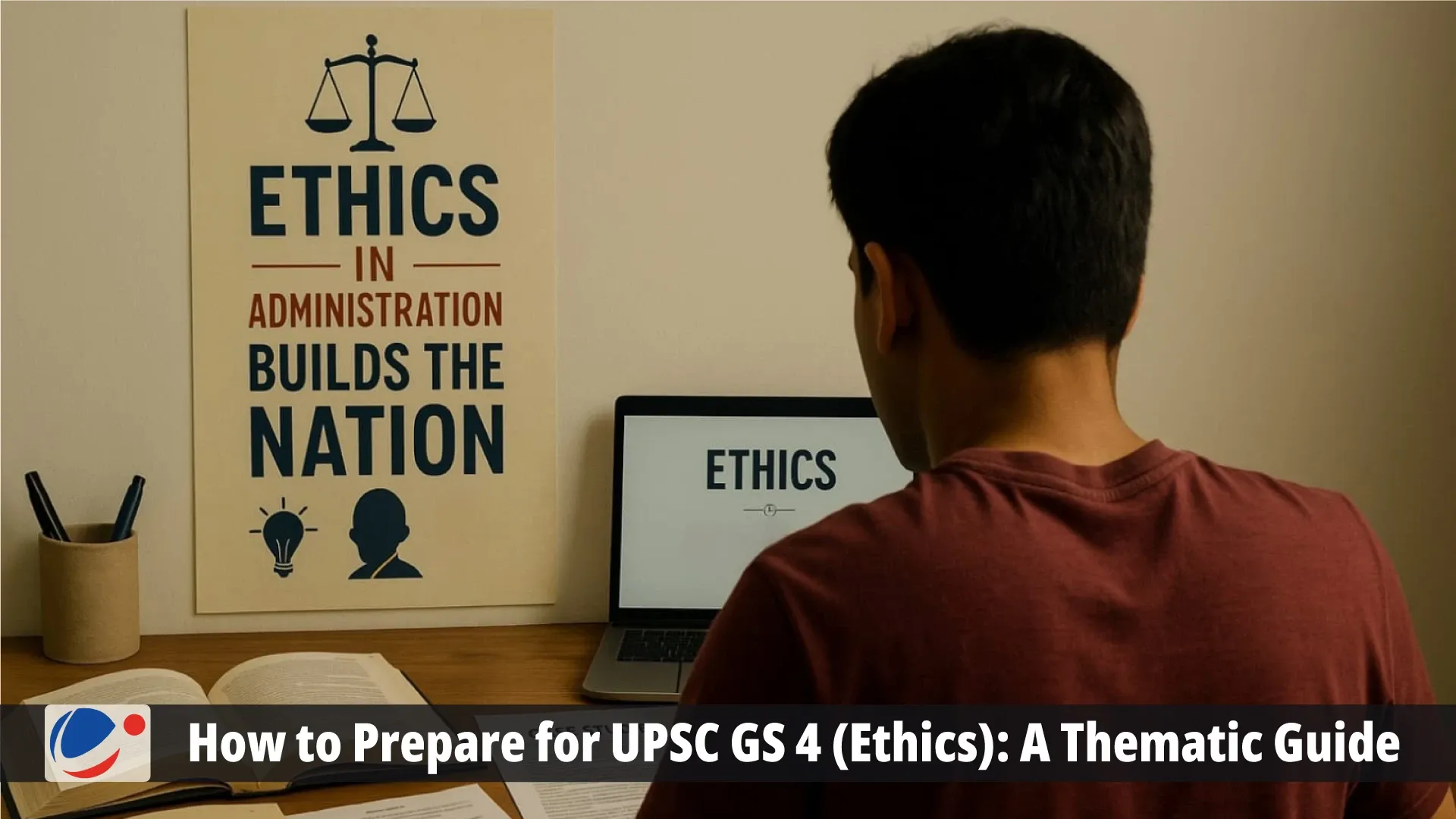
Embarking on your UPSC Civil Services Exam journey can feel overwhelming, especially given the depth of syllabus. In the previous blog, we read that the UPSC Mains syllabus is categorized into four General Studies Papers and your preparation requires a structured approach to maximize your chances of scoring high.
In this article we provide clear and actionable guidance on how to prepare for UPSC GS 4, the fourth and final category of the GS mains papers. By thoroughly understanding the syllabus, PYQ, prioritizing key topics, and adopting smart study strategies, you can build a strong foundation for success in this crucial paper of UPSC Mains.
UPSC GS Paper 4: An Overview
UPSC GS Mains Paper 4, popularly known as the “Ethics” paper, covers multiple topics including Ethics and Human Interface, Human Values, Attitude, Aptitude and foundational values for Civil Service, Ethics in Public Administration, and Probity in Governance.
This paper essentially encapsulates subjects that test the candidates’ attitudes and approach to integrity issues and probity in public life. It assesses the problem-solving approach to various issues and conflicts a civil servant faces in dealing with society. Therefore, a suitable compass is vital to guide your preparation in the right direction.
A thorough analysis of Previous Year Questions (PYQs) reveals consistent trends that are vital for curating a study plan for targeted preparation and identifying high-yield topics.
Understanding the Syllabus and Key Themes
The Syllabus of GS Paper 4 is classified in four broad categories by UPSC:
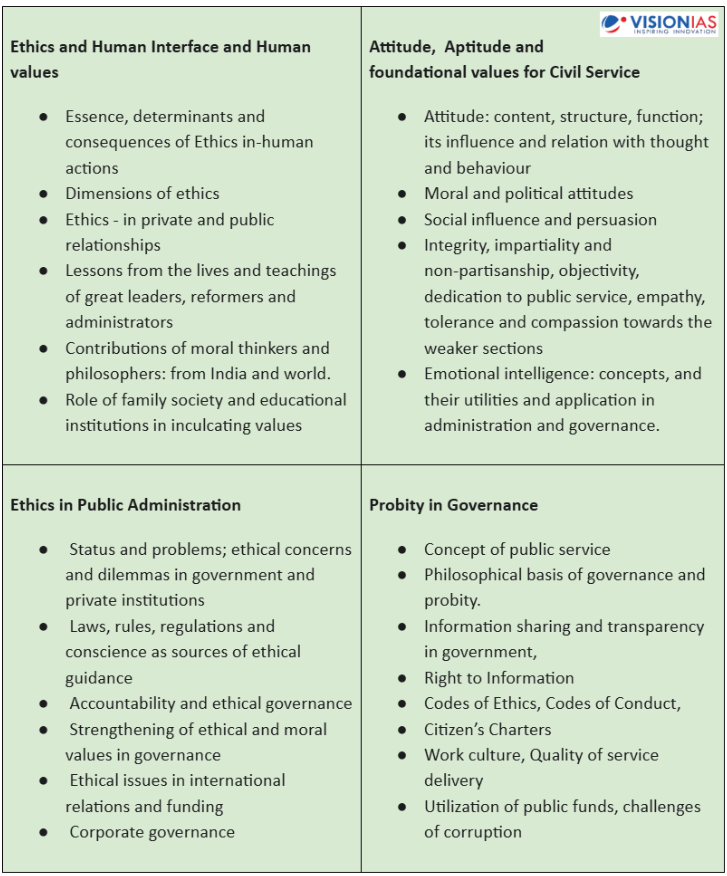
Broadly, UPSC asks questions from this syllabus in two parts: Section A covers theory questions, and Section B covers Case Studies based on these topics. A detailed PYQ analysis of papers from 2013-2024 reveals almost equal weightage given to both theory and case studies in the paper by UPSC.
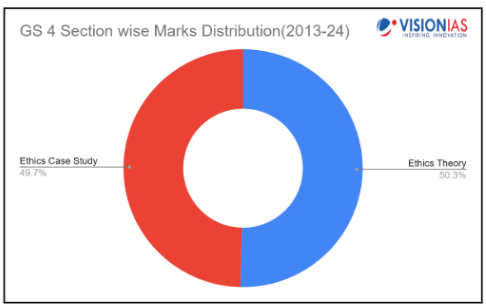
Thematic Analysis: What to Cover and Where to Focus
GS Paper 4 Section A
Analysis of the PYQs of GS Paper 4 for Section A of the paper from 2013-2024 has yielded some focus themes from the syllabus that are most frequently asked by UPSC in this paper.
- Ethics in Public Administration:
- Main Themes: Dilemmas of Governance, Corruption, Transparency, Public service ethics.
- Focus on: Balancing administrative functions with moral values and decision-making under scrutiny.
- Workplace Ethics:
- Main Themes: Harassment, Toxic work culture, Favoritism, Work-life balance.
- Focus on: Integrity, empathy, and professional ethics in challenging organizational environments.
- Corporate Governance and CSR:
- Main Themes: Corporate responsibility, Bribery, Conflict of interest, Environmental concerns, Profit vs people.
- Focus on: Ethical decision-making in business, CSR, environmental responsibility, and employee well-being.
- Public Sphere & Private Sector:
- Main Division: Public sector ethical concerns (governance, corruption, public service) vs. Private sector dilemmas (corporate governance, CSR, profit-driven decisions).
- International Relations (IR):
- Main Themes: Ethical issues in diplomacy, International law, Global cooperation.
- Focus on: Global ethical dilemmas, including aid, diplomacy, and international conflict.
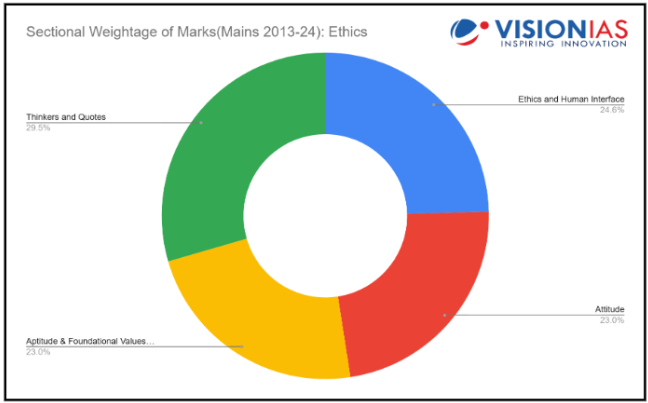
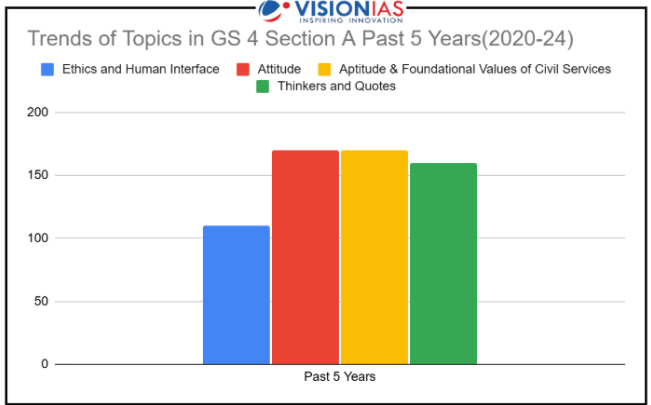
Reading Strategy:
- VisionIAS Classroom Material on Ethics is a recommended reading for preparing foundational theory content for Section A of the Paper.
- Examples and quotes play a key role to substantiate your answers.
- You are advised to make a list of important examples and quotes which can be readily used for each topic. These will be helpful in both Introduction or Conclusion of questions asked in this section
- You must use the examples and utilise the quotes that UPSC has itself given in PYQs. A compilation of these is provided below:
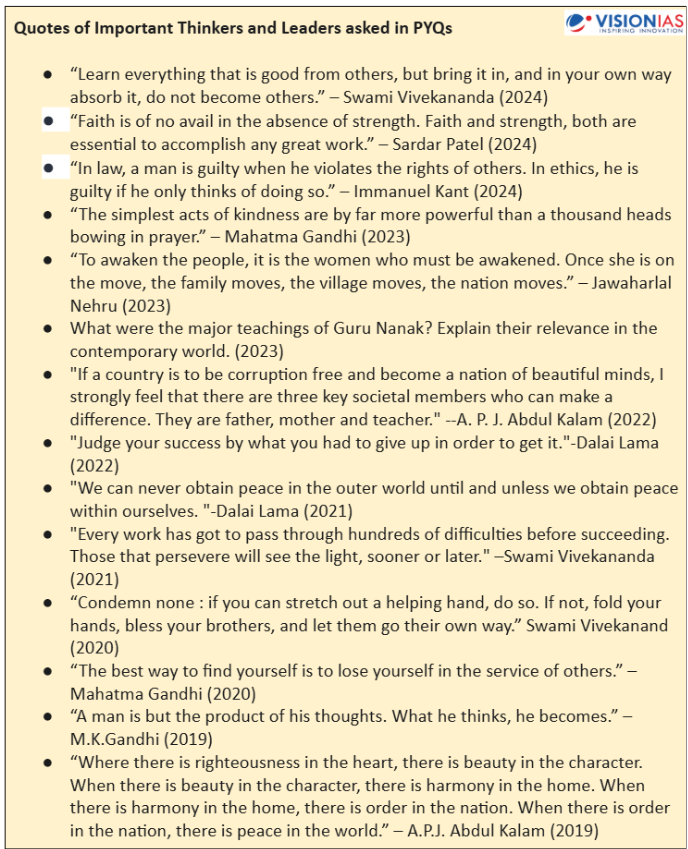
- Vision IAS provides an interactive Podcast series where eminent personalities share their journey in public life and administration. These can be used for enriching anecdotes and examples.
- Vision IAS also provides insights and analysis of mains examination papers at its YouTube Channel. You can watch the analysis of GS Paper IV of Mains 2024.
- Moral Thinkers for Ethics has been discussed in the attached playlist by Krishna Mohan Sir. These can be useful to augment your notes on the topic.
- Vision IAS also conducts Master Class on Contemporary topics that are crucial for the UPSC CSE examination. These lectures include classes conducted by distinguished faculties and esteemed guests.
GS Paper 4 Section B
Section B of GS Paper 4 features case studies based on the syllabus topics. A PYQ analysis of previous year questions shows that case studies can be classified into the following categories:
- Ethical Dilemma and Issues
- Attitude and Foundational Values
- Corporate Ethics and Work Culture
- Emotional Intelligence
- Contemporary Issues and International Relations
It is important to note that this is not a comprehensive listing, and classifications can vary based on how a question is perceived by the reader. Further, for thematic based case study practice, refer VisionIAS 125 Case Studies : Approach & Solution.
Solving Case Studies:
For case studies, the approach to solving questions is flexible, but core ideas to focus on include:
- Careful Reading and Classification: Read the question carefully and identify the area in which the case can be classified.
- Identify Key Actors: Identify the key actors in the case study and note them; in certain types of cases, you may have to name them in the answer.
- Apply Theory to Solutions: Use your knowledge from the theory to find a solution to the issue or dilemma that is being discussed in the case.
Important Notes for Case Study Answers:
- Ensure you address each part of the question clearly. Answer concisely with accurate substantiation for each subpart.
- Quoting examples and thinkers is recommended, but do not assume that is the only thing to mention; their idea or value must be aligned with the solution you are proposing.
- Be solution-oriented; an ethical solution has to be provided in the case.
- Conclude with the most appropriate solution which is optimal and ethical.
- Avoid using extreme outcomes in your answer. Remember to think like the actor the question makes you, and prepare the solution keeping all stakeholders in mind, as well as the values you identify as needed to solve the case.
A Master Class on solving case studies has been provided by Vision IAS esteemed guests. You can watch this and make notes on how to solve these cases.
How to Prioritize Subjects and Topics
To effectively prepare for UPSC GS Paper 4, a structured reading strategy is essential. The following approach can be used to prioritize and read these subjects and prepare for the examination in a focused manner:
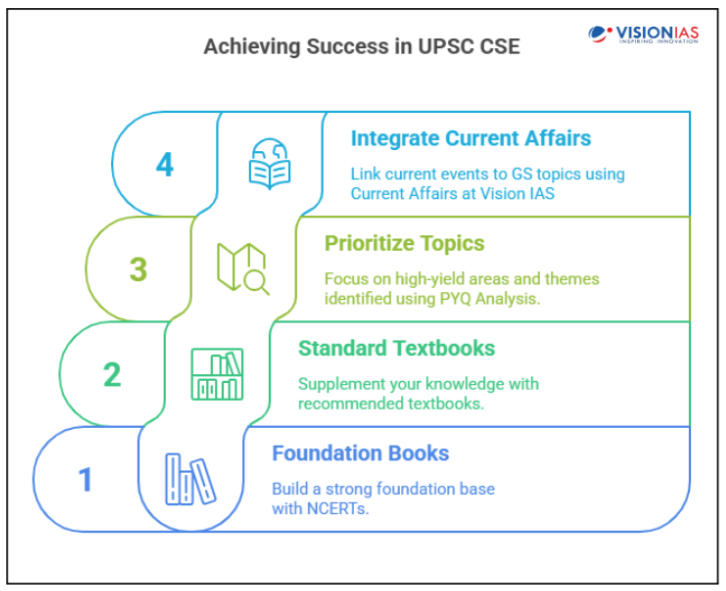
- In GS Paper 4, using contemporary current affairs can be useful for notes, examples and anecdotes.
- Vision IAS provides a new age, AI integrated Digital Current Affairs solution that can help you navigate the course of Current affairs. The flagship “Vision Intelligence” can help you keep a track of the enormous task of handling current affairs in your preparation. These resources can be found at our dedicated Current Affairs page.
Time Management
Effective time management is crucial for a paper with such a vast syllabus like GS Paper 4. To effectively manage your time, we recommend:

- Create a Study Schedule: Allocate dedicated time slots for each subject based on its weightage and your comfort level.
- Daily Targets: Set daily or weekly targets to ensure consistent progress across all sections.
- Revision: Regular revision is key. Incorporate daily and weekly revision slots into your schedule.
- Answer Writing Practice: Begin practicing answer writing early. Focus on structuring your answers, using relevant examples, and adhering to word limits. Explore VisionIAS resources such as the Mains Test Series to effectively practice your writing.
- Vision IAS offers a comprehensive Foundation Course for your guidance and practice. You can connect with us, and we shall help you achieve your dream with our state-of-the-art facilities.
- You can also see the suite of courses VisionIAS has curated for Ethics.
- If you want to pursue a self paced study for UPSC but want structure and guidance, you can check our mentoring services as well.
- We at VisionIAS also prioritise mental health of all students. At Antarbodh, you can reach out to us for counselling and personality development. We strive to assist the students and help them with effective stress and time management under the guidance of best counselors.
Final Thoughts
Mastering UPSC GS Mains Paper 4 is a significant step towards cracking the Civil Services Examination. By understanding the syllabus, focusing on high-yield themes, adopting a smart reading strategy, and practicing consistently, you can confidently prepare for UPSC GS Paper 4. Remember, consistency and a well-planned approach are your best allies in this journey.
